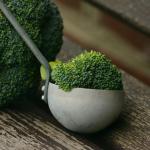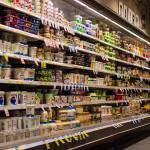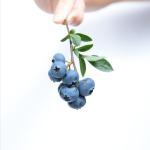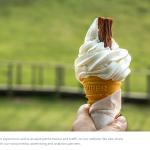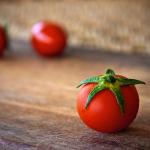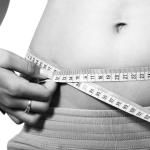Join ACSH directors of bio-sciences and medicine, Cameron English and Dr. Chuck Dinerstein, as they break down these stories:
Food & Nutrition
Scientists have known for many years that genetically engineered (GE) crops pose no greater risk to human health or the environment than their conventional counterparts.
Food certification labels do not indicate better nutrition or quality. These labels cannot guarantee better human nutrition or health; they are marketing devices using a set of standards concerned with one or more of the following
“…[F]ood consumption has not been anchored in climate change policy to the same extent as energy production and usage…we address those issues by performing a relatively simple analysis that considers the extent to which o
Join ACSH directors of bio-sciences and medicine, Cameron English and Dr. Chuck Dinerstein, as they break down these stories:
That quote is from a new book by Vaclav Smil, How the World Really Works. I cannot recommend the book too highly. Smil is a polymath, integrating information across many areas.
“Overeating isn’t fueling obesity, it’s too many carbohydrates in our diet, researchers say,” Fox News reported on June 7.
The trace amounts of pesticides in food cannot harm you.
Britain's anti-GMO groups are none too pleased following news that the UK is poised to allow farmers to grow a gene-edited tomato engineered to produce higher levels of vitamin D.
If you want to lose weight, there seems to be only one way to do it: find a tolerable, nutritious diet that will allow you to cut your calorie consumption over the long term—and stick with it.
